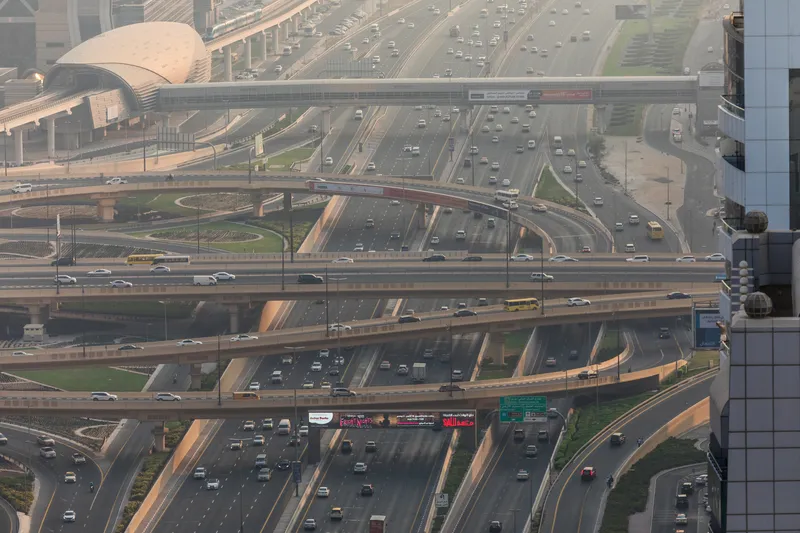The team presented their solution, Corridor Management in the I-75/I-696 Influence Area, to a panel of judges during a tournament which took place during the
It focused on mitigating heavy, peak hour traffic volume on I-75 between Detroit and Troy, as well as on the east and westbound I-696 in the Detroit suburbs. The proposal included a supply focused solution for managing the flow of vehicles and a demand focused solution for reducing car trips by using shuttles and car-pooling to the area’s major employers, such as
The annual Transportation Technology Tournament stems from a partnership between the National Operations Center of Excellence (NOCoE) and the US Department of Transportation.
Patrick Son, NOCoE’s managing director said the students developed practical solutions to a problem that has “stalled Southeast Michigan for decades”.
“There is virtually no room to add capacity, yet the team came up with a suite of ideas that involved TSMO and Intelligent Transportation strategies to create a low cost, workable solution,” he added.
Aside from the University of Michigan, the other finalists were the Florida International University, the University of Tennessee, Knoxville and two teams from the University of South Florida.
University of Michigan wins Transportation Technology Tournament
A team from the University of Michigan has won the Transportation Technology Tournament for designing a solution to reduce congestion on two interstate highways in the Detroit area.
The team presented their solution, Corridor Management in the I-75/I-696 Influence Area, to a panel of judges during a tournament which took place during the Institute of Transportation Engineers annual meeting in Austin, Texas.
It focused on mitigating heavy, peak hour traffic volume on I-75 between Detroit and Troy, as
July 25, 2019
Read time: 2 mins
A team from the 5594 University of Michigan has won the Transportation Technology Tournament for designing a solution to reduce congestion on two interstate highways in the Detroit area.









